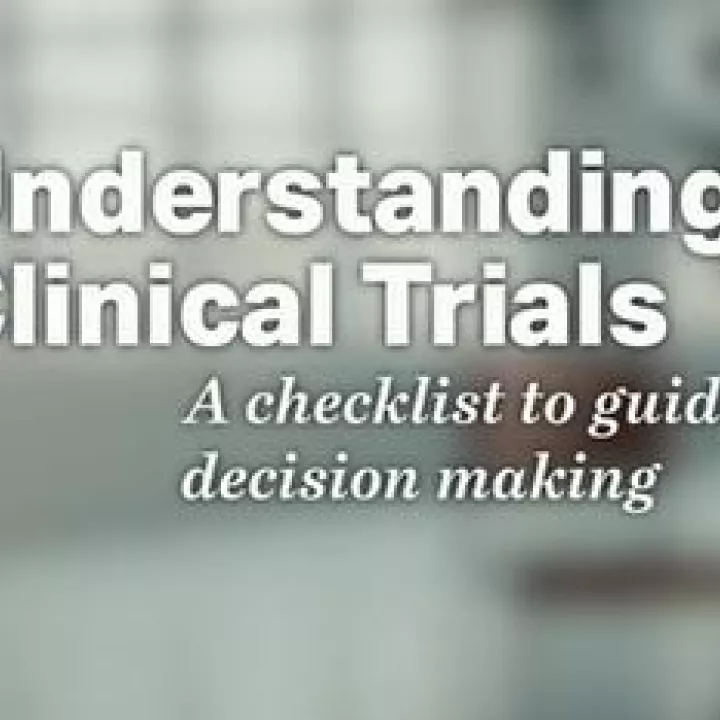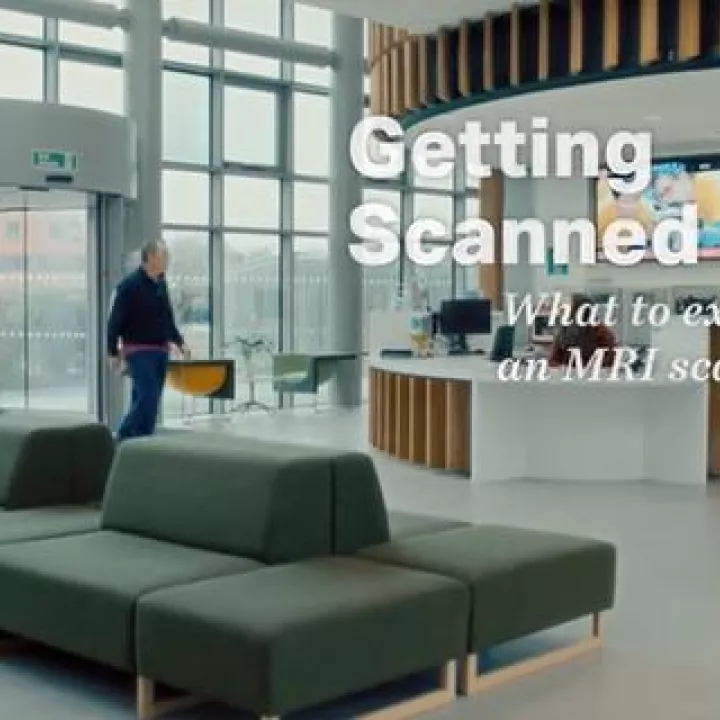Many clinical trials testing new therapies for Parkinson’s disease require participants to undergo assessments when they are ‘off’ medication. In this video, we explain what ‘off’ medication assessments involve and introduce guidance on how to manage those assessments.
The LEARN team have created an information sheet to accompany this video. The text of this information sheet is below. You can find a downloadable PDF document at the end of this page. You may wish to print this off to make your own notes, or to bring to a meeting with your healthcare team.
To skip to the printable version of this information, scroll kdown past the last purple text-box, then click on the pink hyperlink reading 'Assessments in 'clinically defined off': What does it mean, why are they needed, and what can you expect?'.



